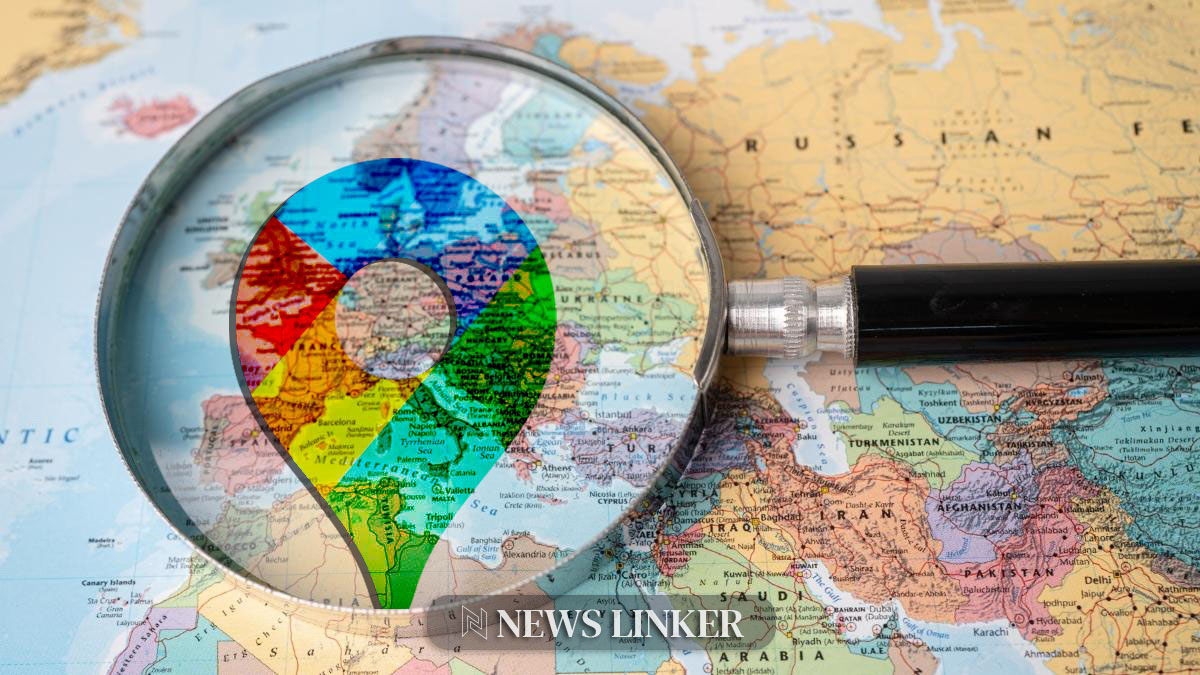Google recently made a significant move to protect users of its generative AI systems in both the Google Cloud and Workspace platforms against potential intellectual property violations. This step echoes previous commitments from industry giants like Microsoft and Adobe.
Rise in Copyright Concerns
Generative AI technologies have gained traction as a central focus for tech behemoths like Google. These systems, which generate content, have stirred controversy and led to a series of lawsuits. Many artists, writers, and copyright holders contend that the use of their works in training these AIs, as well as the content generated by them, infringes on their intellectual rights.
This growing concern prompted Google to introduce a policy encompassing its software like the Vertex AI platform and the Duet AI system, both known for generating texts and images across Google’s platforms. However, Google’s widely recognized chatbot program, Bard, wasn’t highlighted in their press release.
A Protective Stance for AI Users
Addressing the mounting lawsuits, Google clarified that the legal focus primarily targets the AI system owners, such as Google itself, rather than the individual users. A move that’s seen as a reassurance for end-users dabbling in generative AI.
However, it’s important to note that this shield won’t extend to those who purposely employ the AI outputs in infringing upon others’ rights. Users must tread with caution and responsibility.
A Comprehensive Protection
Google’s commitment to assume potential legal risks on copyright grounds is indeed a significant gesture. The protective measure applies to a range of its software, including the chatbot integrated with its Workspace apps and the Vertex AI platform, covering software like AI Search and Visual Captioning.
Yet, as with all protective measures, there are boundaries. Should users intentionally use the AI to replicate specific copyrighted works, Google’s legal protection might not apply. Instead, each copyright allegation will undergo thorough review between Google and the concerned user.
The lingering question surrounding the legality of AI systems, particularly their potential to breach copyright laws, remains in murky waters. Despite the U.S. Copyright Office’s stance that AI-generated content isn’t eligible for copyright protection, the debate is far from settled.
The steps taken by Google and other industry frontrunners highlight the pressing need to establish clear legal parameters for AI technologies, reflecting the evolving landscape of innovation and digital rights. It serves as a reminder for users to navigate this digital frontier with both enthusiasm and caution.










